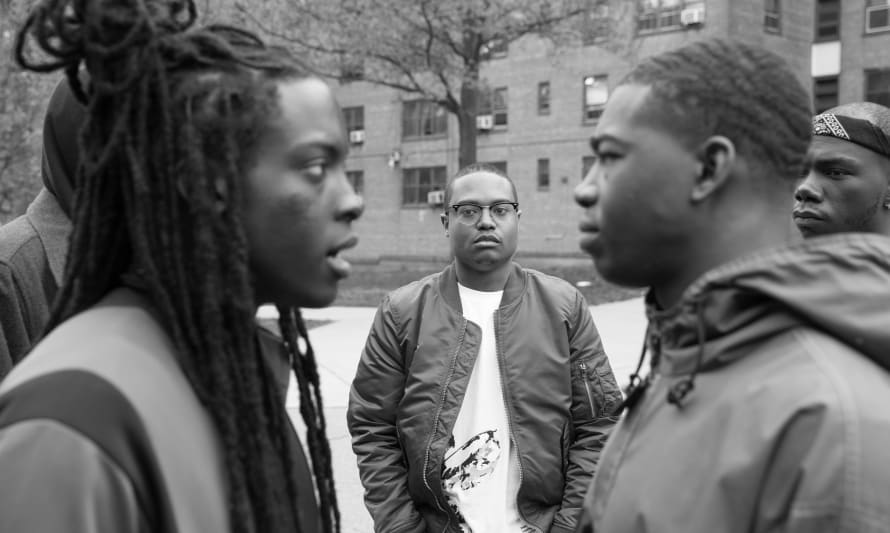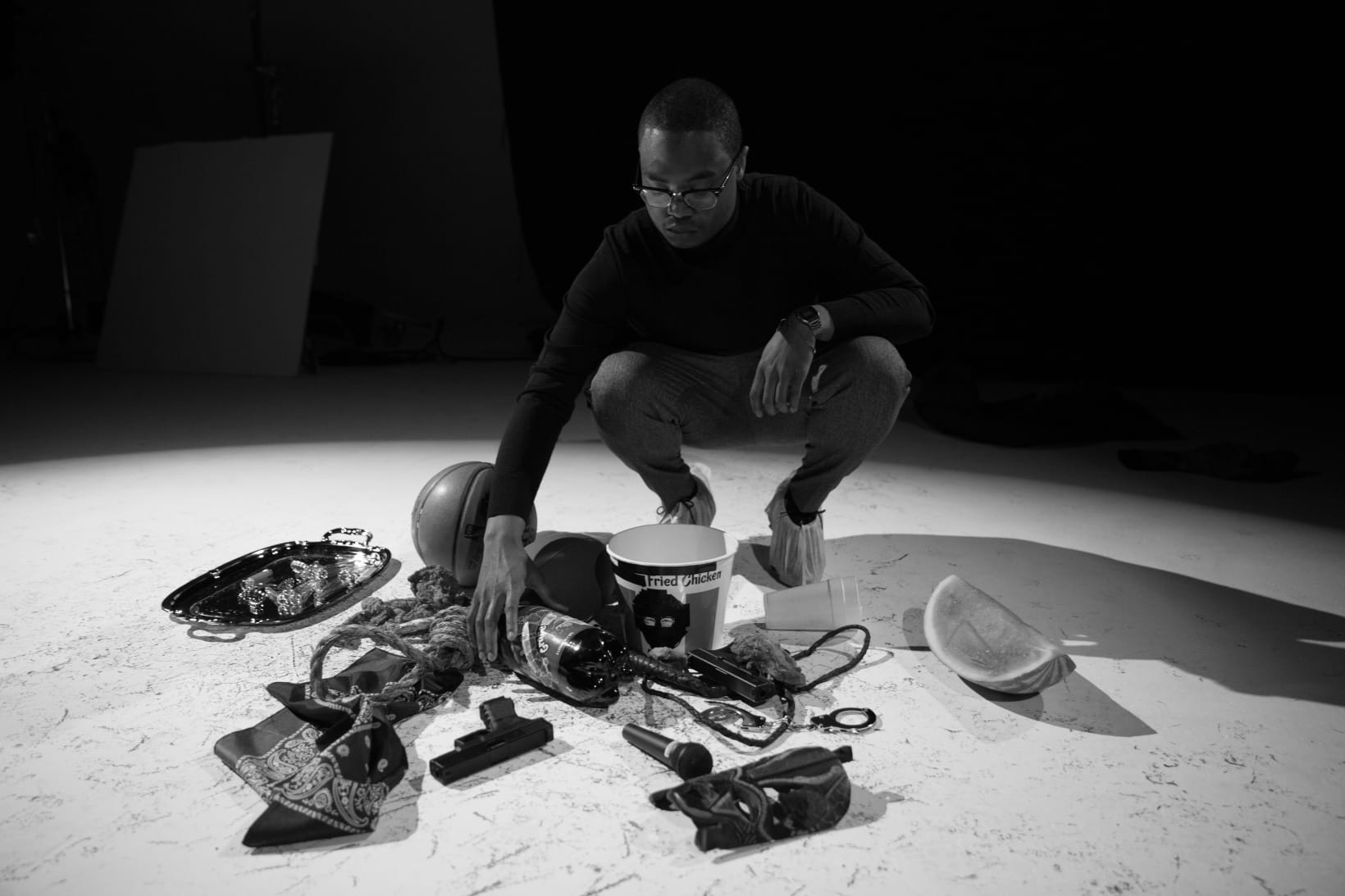
Not Black Enough: Interview with Jermaine Manigault
In his film Not Black Enough, Jermaine Manigault follows a young African-American struggling to find his identity within the Black community. From writing to casting, the director sheds light on his filmmaking journey.
The film opens with a solemn statement that establishes a link between the script and your ancestors. Can you tell us about the origin of the project, and the research that went into it?
The project began with a trip to the plantation where my direct ancestors were enslaved; that specific circumstance is what inspired me to execute the film as a form of expression specifically related to and regarding the idea Blackness. Being an African-American who’s not Haitian with a French last name, I always knew something was a little “off” there. Every few years I would come across someone who pronounced my last name differently than people did in the States, but it would be said with such a confidence and strong French accent that I knew it wasn’t a mispronunciation. My family has always known about the existence of a “museum” but when I looked into it and was made aware of its ties to slavery and our history, one day I just decided to pack a bag and take the trip.
The structure of the film is quite experimental and musical, with different movements, loops and patterns. Did you know from the start what shape the film would take?
Absolutely – I knew I wanted it to be experimental in the vein of me visually exercising what I could “do” or showcase with sequence-based instances and situations regarding the factual existence of Black people before any words are spoken, in a piece that’s still a narrative.
The film plays a lot on symbols, which makes it look like a tale or a parable. The clothes the characters wear, in particular, are highly meaningful...
The clothes are a part of the overall aesthetic of “Black and white” that I used to bring the script to life. Every single character in the film is either Black or a white person, and that comes with a certain level of notions attached to it. Which is why, for me, it only made sense to conceptually & physically “test” those notions with the visuals being shot in Black & White, for the locations to play with spaces of Black (Public Housing) and white (Sound Stage), costumes that stereotype the idea of Black (Streetwear) and White (Uniforms), and for the music to strictly be rooted in Black (Rap) and white (Classical) also.
Let's talk about the cast, and in particular Patrick Decile who plays the role of Oreo, a character that is both strong and vulnerable. How did you work with him and the other actors?
Well I, like just about anyone who saw Moonlight (2016), was absolutely in awe of Patrick’s performance. Not only the execution, but the layers that transpired throughout that whole second act; it spoke to me. But my intention regarding how I envisioned a possible collaboration with him was almost a complete dissociation from the character of Terrel. When speaking with his team it was very important for me that they understood that I wanted to go in a completely different direction than what we’ve seen from him on screen thus far. Not only as a test for both myself and him as creators, but also as a bigger challenge to the disturbing relationship between typecasting and Black actors in the film industry.
To watch the film, head over to our virtual festival. Not Black Enough is part of the Short Film Competition programme Parallel Worlds, available from 25-27 May to viewers with a Short Film Pass or a Flatpass.

